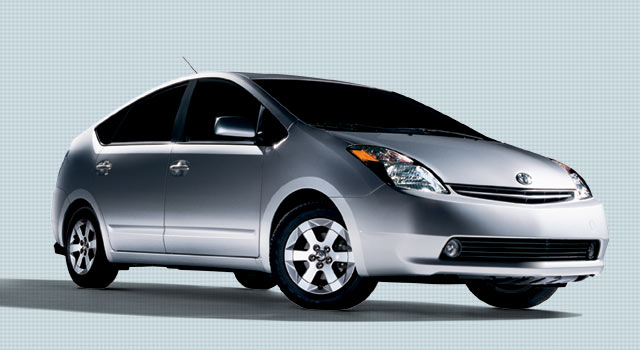Hybrid Electric Vehicles
Making more efficient cars can make a big difference in our society in terms of environmental benefits and society benefits. One benefit to society would be that HEVs reduce our dependency on fossil fuels because they use less of them. Another factor that makes HEVís more efficient is that they are made of lightweight materials, which reduce overall vehicle weight thus, reducing friction. Another thing that makes HEVís more efficient is that the manufactures producing them try to make them as aerodynamic as possible to reduce the amount of force needed to propel the cars, thus saving energy. Todayís Auto manufacturers are making HEVs with comparable performance, and cost to normal vehicles. The HEV is able to operate approximately two times more efficiently than conventional vehicles. Honda's Insight can go 700 miles on a single tank of gas. The Honda Civic hybrid can go 650 miles on a tank of gas, and the Toyota Prius can go about 500 miles.
Hybrid electric vehicles or HEVs, combine the internal combustion engine of a normal vehicle with the battery and electric motor of an electric vehicle, which produces a vehicle with approximately twice the fuel economy of conventional vehicles. Pure electric power is not used due to the fact that the power available from a battery is not capable of long trips unless it uses solar power or something of the sort. This combination of a four-stroke engine and a battery and electric motor allows long-range travel with vastly improved fuel economy and lower emissions than conventional vehicles.
